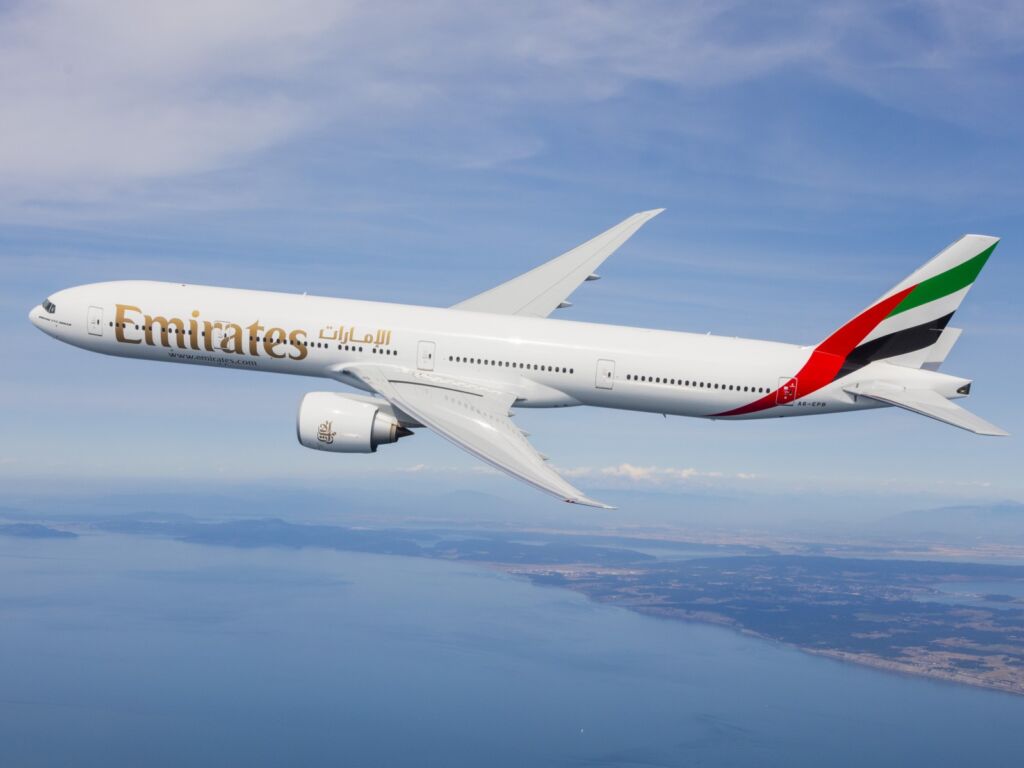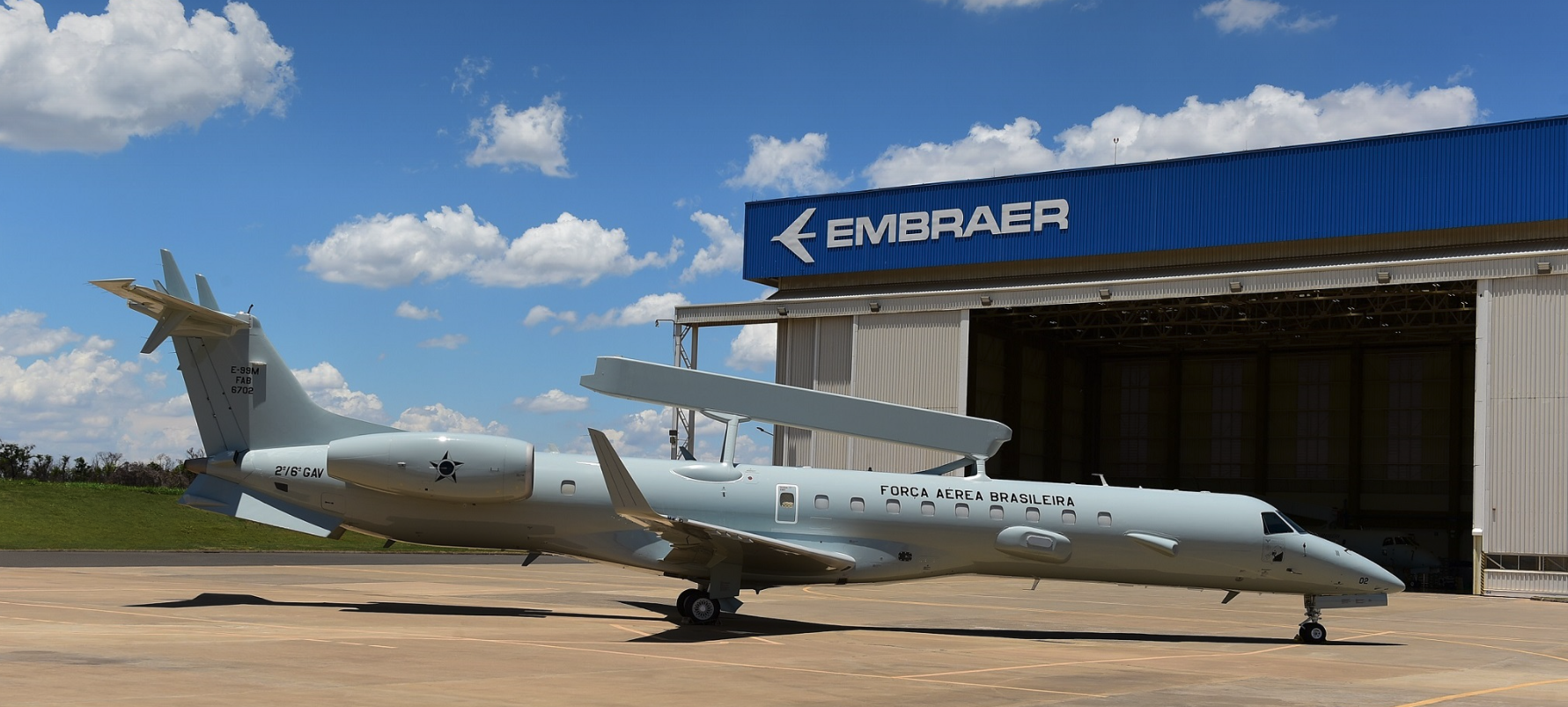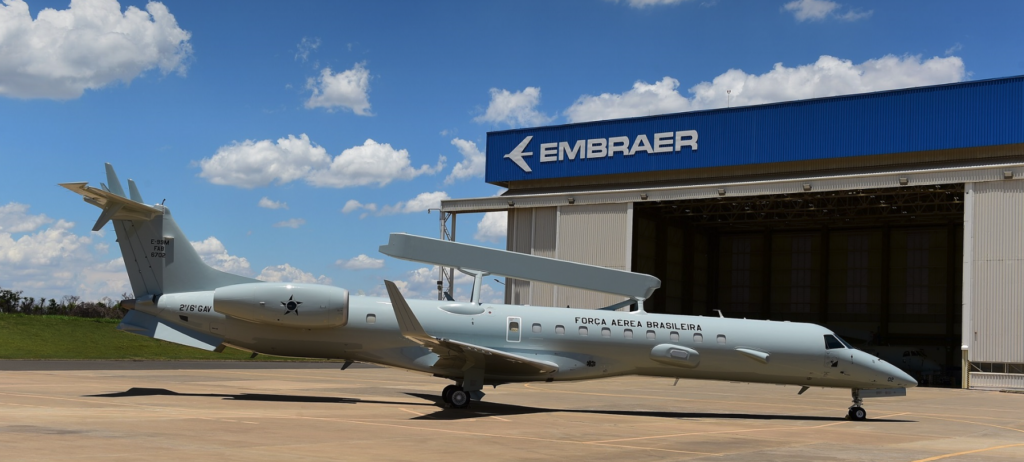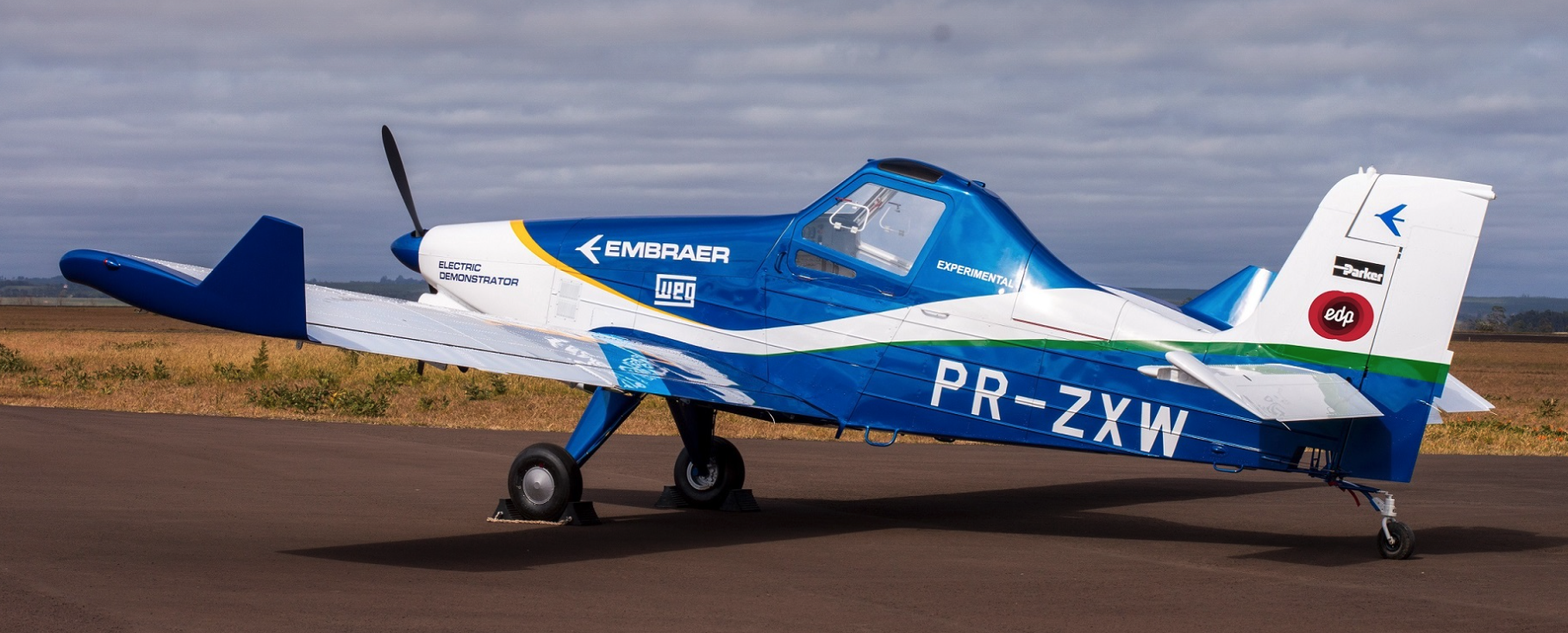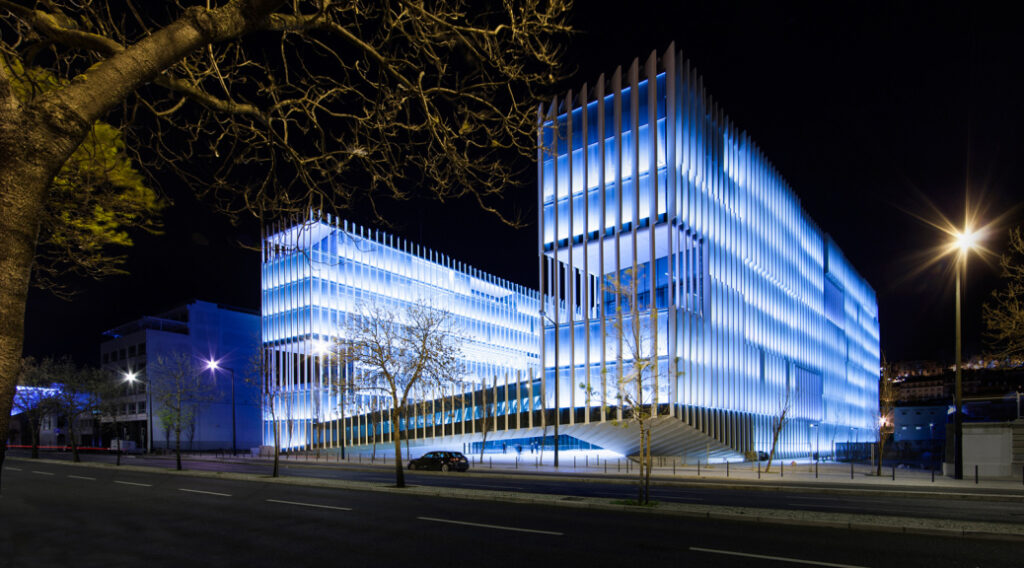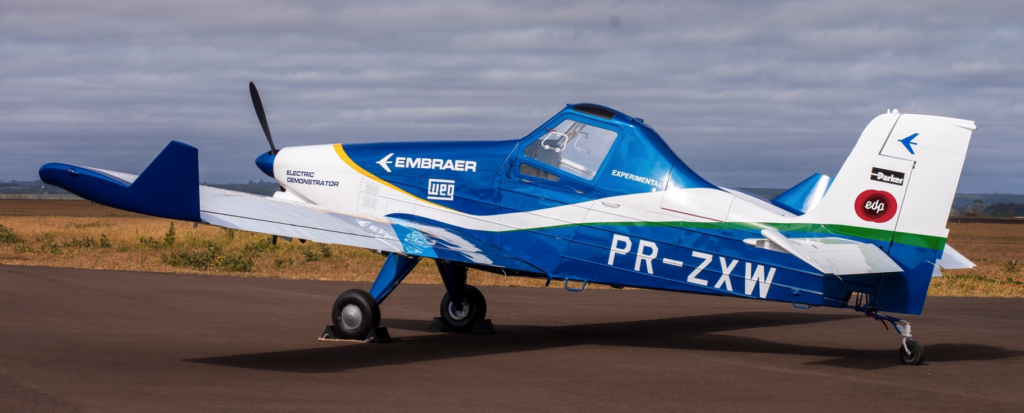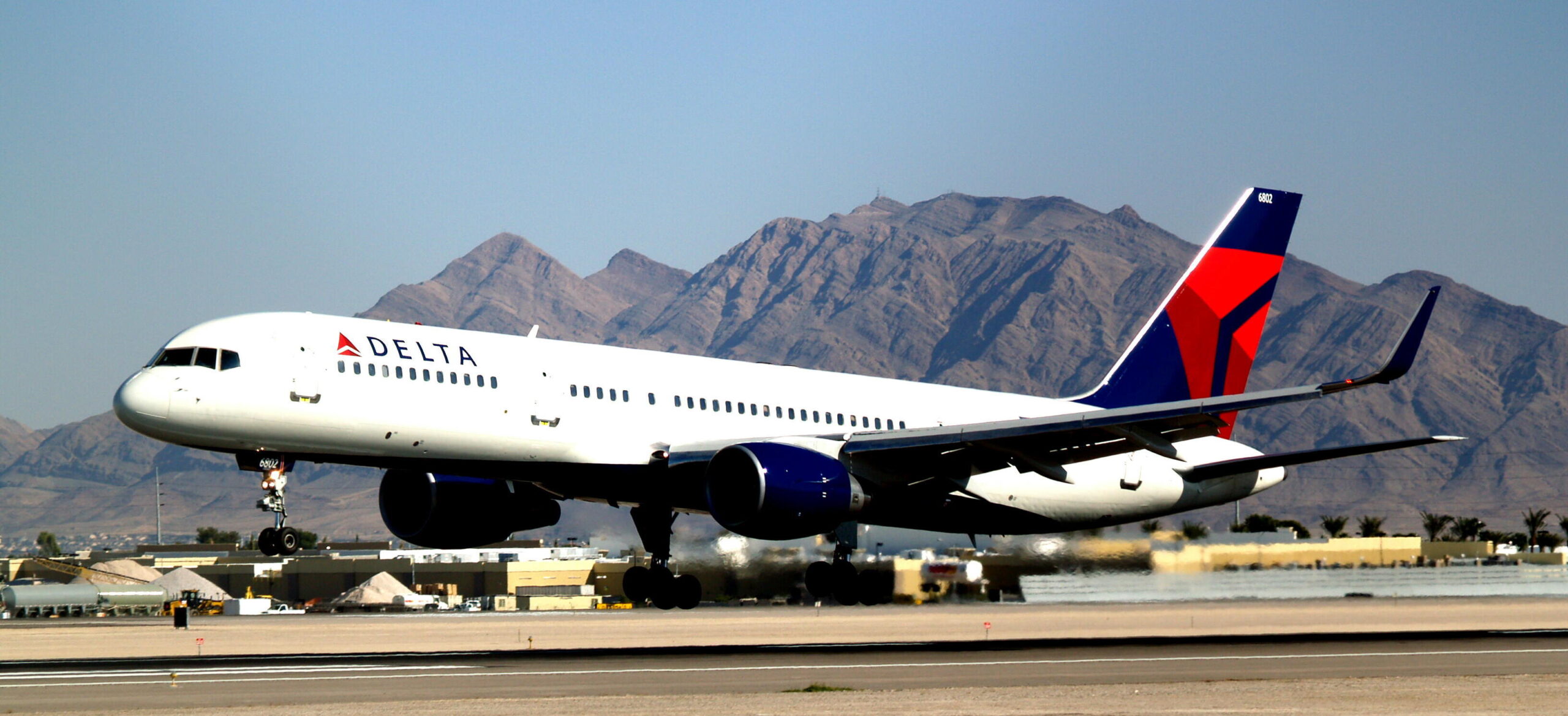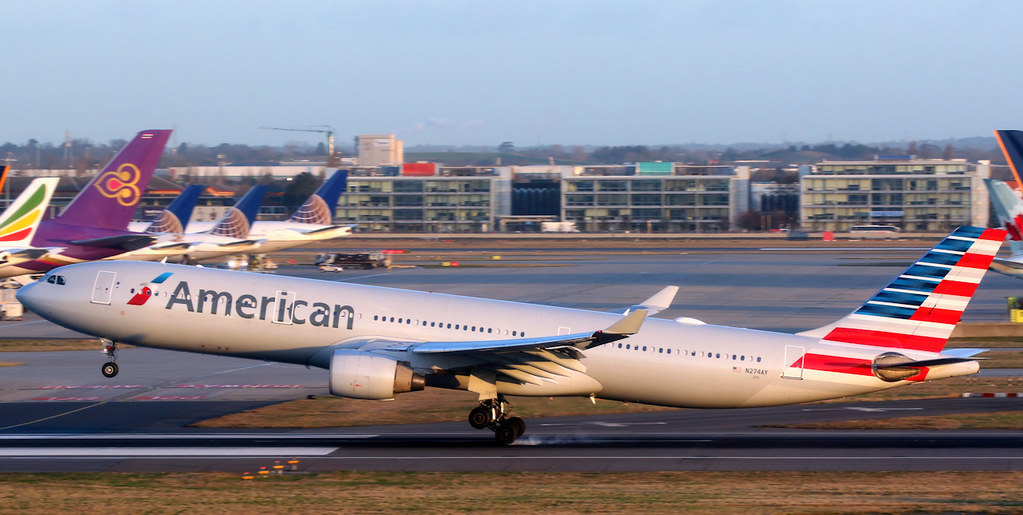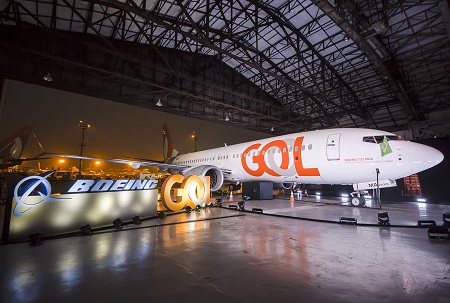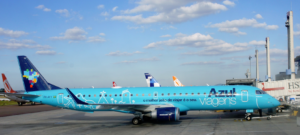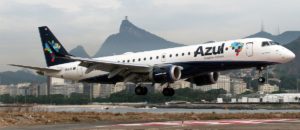Emirates has announced it will resume non-stop services to Seattle (from 1st February), Dallas and San Francisco (from 2nd March), offering its customers seamless connectivity via Dubai to and from popular destinations in the Middle East, Africa, and Asia.
The addition of these three destinations will take Emirates’ North American network to 10 destinations following the resumption of services to Boston, Chicago, Houston, Los Angeles, New York JFK, Toronto and Washington DC.
Flights to/from San Francisco will operate four times weekly on Emirates’ Boeing 777-300ER while flights to/from Seattle (operating four times weekly) and Dallas (three times weekly) will be operated with the two-class Boeing 777-200LR, offering 38 lie-flat seats in Business and 264 ergonomically designed seats in Economy class.
The airline will also be providing its customers more options and choice with additional flights to New York , Los Angeles and São Paulo. Effective 1st February, Emirates will be operating double daily flights to John F. Kennedy International Airport (JFK) and a daily flight to Los Angeles (LAX). Emirates customers also have seamless access to other US cities via the airline’s codeshare agreements with Jetblue and Alaskan Airlines.
In South America, Emirates will be introducing a fifth weekly flight to São Paulo (from February 5th), offering customers in Brazil even more travel options with greater access to its expanding network. Beyond São Paulo, Emirates customers can enjoy seamless connectivity and access to 24 other cities in Brazil via the airline’s codeshare partnership with GOL and its interline agreements with Azul and LATAM.
Emirates has safely and gradually restarted operations across its network and currently serves 114 destinations on six continents.
Since it safely resumed tourism activity in July, Dubai remains one of the world’s most popular holiday destinations, especially during the winter season. The city is open for international business and leisure visitors. From sun-soaked beaches and heritage activities to world class hospitality and leisure facilities, Dubai offers a variety of world-class experiences. It was one of the world’s first cities to obtain Safe Travels stamp from the World Travel and Tourism Council (WTTC) – which endorses Dubai’s comprehensive and effective measures to ensure guest health and safety.
